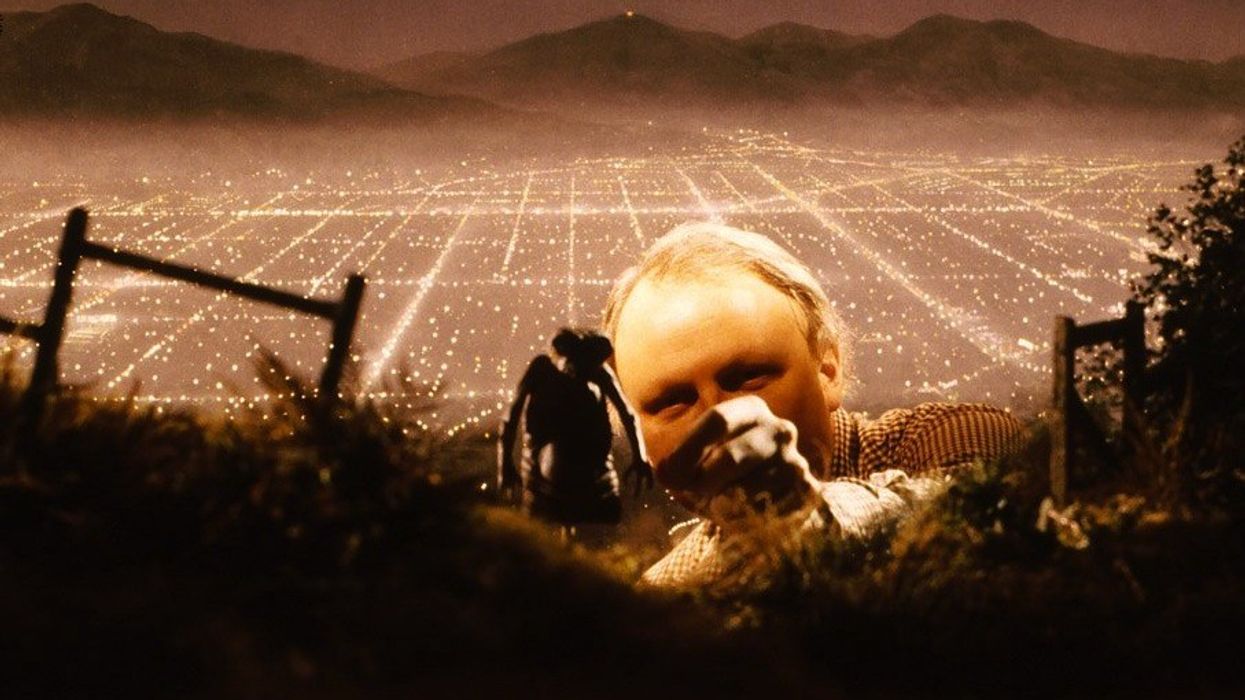Taking a Risk to Create the Impossible: The Story of VFX Studio Industrial Light & Magic

Earlier in the week, we talked about how Industrial Light and Magic changed the cinematic world when they developed CGI and used it in Jurassic Park. Those computer generated dinosaurs marked the beginning of a creative revolution where filmmakers could actually take what was in their heads and put them into their films (and with as much or as little realism as they desired). ILM's contribution to the filmmaking community is huge, and if you're curious to see how the visual effects company came to be, as well as a view inside how they've advanced cinematic technology, then you should check out this documentary directed by Leslie Iwerks, with interviews with George Lucas, Steven Spielberg, and many, many others.
The story of ILM is an inspiring one -- one where a visionary director essentially went full Field of Dreams (before that movie ever came out!) and decided to make a film requiring technology that hadn't been invented yet. That director was George Lucas and that movie was Star Wars.
With Fox on board to produce Lucas' film, the director decided to buy tons of equipment from the underutilized special effects departments of the major studios and start ILM -- mainly for the purpose of developing the technology required to make Star Wars. However, after the film had been made and became a huge success, the team at ILM knew that they had a new opportunity to become a viable business producing visual effects for other filmmakers, which they did notably on Young Sherlock Holmes and The Abyss.
The story of ILM is really an amazing story, but I'll let the documentary tell it from here:
The documentary shares a lot of information about the growth and cinematic contribution of ILM, but I think the big takeaway from this, other than sheer historical value, is learning from all of these effects artists, as well as George Lucas, that bringing your vision to life is worth the risk of failure/losing money/etc. When Lucas realized that he had something great and innovative to share with the world, he simply went for it -- he took a risk and won. Now, no one can promise you success like that, but that's just a part of the adventure. The important thing is that you're taking risks.
[Lede image courtesy of Vanity Fair]
[via Cinetropolis]











